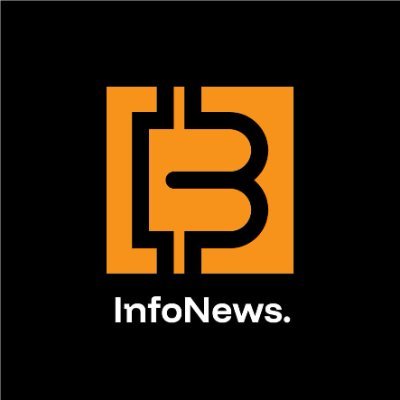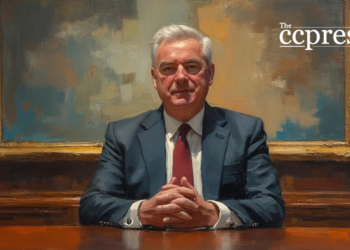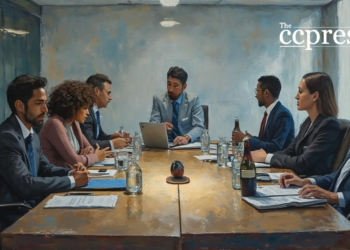- Shiba Inu DAO elections, community input, decentralization debates, market impact.
- Leadership change affecting token MKT.
- Concerns over foundation powers persist.
Shiba Inu community is hosting its first DAO elections to appoint an interim president and council, a decision announced by developer Shytoshi Kusama to increase governance participation.
This initiative marks a significant stride toward decentralization, though the foundation’s veto power and KYC requirements have ignited debates and market volatility within the community.
Shiba Inu’s inaugural DAO elections mark a foundational shift in Dapp governance with direct community participation, championed by lead developer Shytoshi Kusama .
The elections are pivotal as they aim to redefine governance through decentralization, yet concerns over foundation-held veto rights spark intense debate on true community autonomy.
Community Governance Takes Center Stage in Shiba Elections
Shiba Inu’s initial DAO elections propose a direct role for the community in governance. Candidates must be KYC-verified and agree to NDAs with the Shiba Inu Foundation, sparking discussions on decentralization.
Lead developer Shytoshi Kusama emphasizes the strategic vision behind the elections. With veto power a point of contention, reactions within the community vary, highlighting a broader debate about leadership and autonomy.
“This will be an event like the transition of power in any state, our first and therefore delicate yet powerful in design. A new lead visionary and councils for each DAO will need to be chosen.” — Shytoshi Kusama, Lead Developer, Shiba Inu
SHIB Token Burn Soars 3,464% Post Announcement
The election announcement increased the SHIB token burn rate by 3,464%, indicating strong community activation. Critics argue that retaining veto rights undermines decentralization, drawing sharp responses from ecosystem projects like WoofSwap.
Financial implications include speculation about a SHIB price rally, predicted up to 156%, though price volatility persists. Potential market centralization by large token holders, or “whales”, raises further concerns among stakeholders.
Lessons from Uniswap: DAO Governance Challenges
Comparatively, major DeFi protocols like Uniswap have transitioned to DAO governance, with mixed outcomes. Shiba Inu’s history includes the Shibarium L2 launch, a notable project milestone underscoring its evolving scope.
Possible future outcomes could see SHIB’s governance shaping broader DeFi practices. Continued debate over governance concentration could affect related DeFi protocols, reflecting industry-wide trends in decentralized governance models.




